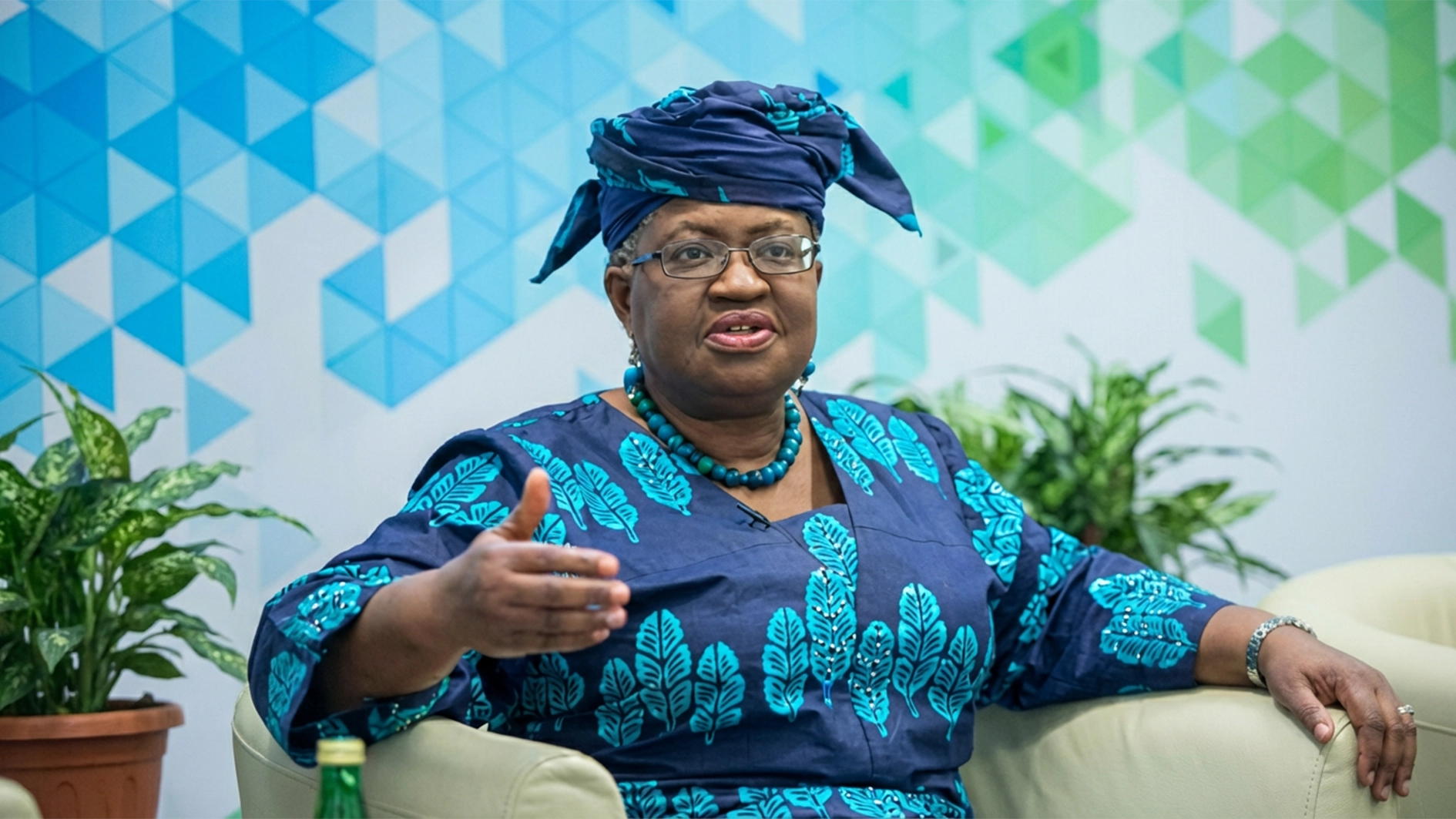NIGERIAN manufacturers have expressed dismay over the consistent power outage in the country.
This comes as the World Bank’s Energy Progress Report 2025 ranked the country top of the list of African countries with the worst power supply.
Chair of the Pan-African Manufacturers Association (PAMA), Mansur Ahmed, regretted that multiple national grid collapses and daily power outages have crippled industries, disrupted manufacturing operations and raised production costs for companies who have been forced to turn to costly diesel generators to stay afloat.
Small businesses, in particular, have been hit hard, with many reducing operating hours or closing temporarily.
The situation remains critical, with no immediate relief in sight, threatening both economic stability and investor confidence in the two countries.
According to the Manufacturers Association of Nigeria (MAN), local manufacturers spent a whopping N1.11 trillion on alternative energy sources last year, a 42.3 per cent rise from the N781.68bn recorded the previous year.
The main issues cited for poor power supply include outdated infrastructure, vandalism, poor maintenance and an overall lack of investment in generation capacity.
Ahmed stressed that despite electricity being the lifeblood of modern economies, keeping the lights on remains a daily struggle, forcing factories to shut down mid-production, businesses to depend on diesel generators and constantly grapple with rising energy costs that erode competitiveness.
“In the face of this, our manufacturing sector, a vital driver of structural transformation and inclusive growth, continues to be constrained by chronic energy shortfalls.
“The result is stunted productivity, lost investment opportunities and a manufacturing base that struggles to reach its full potential,” he said.
Lamenting that manufacturing has been one of the hardest-hit sectors from energy scarcity, forcing factories to either operate below capacity or rely heavily on expensive self-generation, often through diesel or petrol-powered generators, which significantly drive up production costs.
Ahmed declared that until significant reforms are made, Nigeria’s power crisis would continue to hinder economic and business growth.
“Backup generation, often the main alternative to grid electricity, remains prohibitively expensive for industries.
“According to a World Bank study, factories across the continent spend around $0.47 per kWh on self-generated power, nearly three times higher than the grid tariff in countries like Nigeria. Unsurprisingly, over 80 per cent of firms in Nigeria rely on diesel generators; this is unsustainable,” he added.
According to a World Bank Enterprise survey of select African countries in 2024, Nigeria came tops in power outage and back-up cost to firms, with an annual average downtime of 190 days out of 365 days.
In comparison, South Africa had an average of just two days of downtime, Kenya had 11 days, Senegal, six days and Zambia, eight days.
Calling on the government to align energy reforms with industrial policy to catalyse growth, he said key priorities should include infrastructure expansion and grid strengthening; market reforms and pricing; industrial energy policy integration; private sector engagement and financing and renewable and decentralised solutions.






